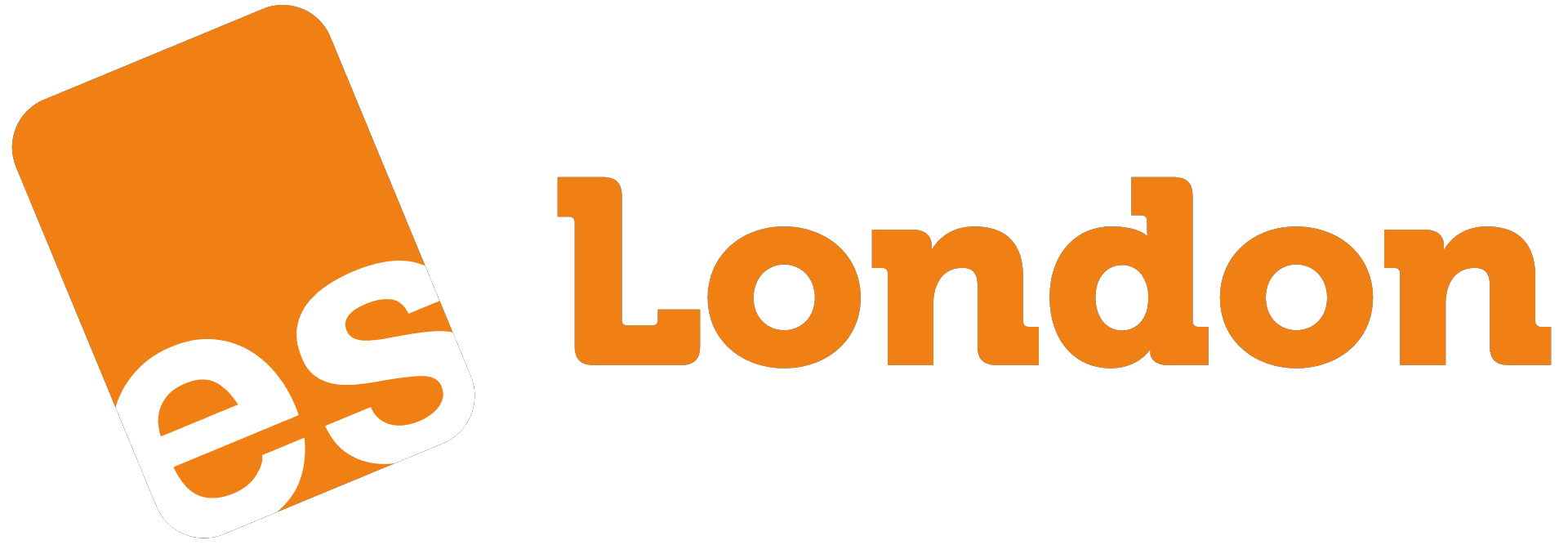
Silent Letters Simplified: All You Need to Know
Did you know silent letters like the “k” in “knife” or the “b” in “thumb” come from English’s fascinating history? Here’s a blog to discover all the tricks of silent letters with ES London!

게시물이 마음에 드시나요? 지금 공유하세요!
Ever found yourself at a loss for words when trying to express excitement, surprise, or even frustration in English? Interjections are here to save the day. These small but mighty words can add a splash of emotion to your conversations, making your English sound more natural and engaging.
Whether you’re just starting out or already attending English classes in London, interjections are easy and fun to learn—and they instantly make you sound more confident!
Interjections are short phrases or words that express strong feelings or sudden emotions. They often stand alone and are commonly followed by an exclamation mark. Think of them as the spices in your language—adding flavour and liveliness to your sentences.
예시:
They’re often used in informal English speaking and are great for conversations with friends and classmates or even during fun activities in your English class in London.
Use these when you’re thrilled or overjoyed:
Perfect for unexpected situations:
When something hurts:
Not everything is pleasant:
When you’re unsure or pondering:
To show you agree:
Starting or ending conversations:
Understanding these cultural nuances can boost your confidence in language classes London.
Example:
If you’re searching ‘learn English classes near me’, you’re already taking the first step. Our English courses in London will help you master the basics of the language, including the effective use of interjections.
Enquire now and begin your journey to become fluent and expressive in English!
읽은 내용이 마음에 드셨나요? ES의 모든 소식에 대한 최신 정보를 알려드리고 싶습니다. 다양한 코스, 런던에 대한 흥미로운 사실, 뉴스, 업데이트, 놀라운 성공 사례 등을 확인해 보세요.

Did you know silent letters like the “k” in “knife” or the “b” in “thumb” come from English’s fascinating history? Here’s a blog to discover all the tricks of silent letters with ES London!

영어 작문 능력을 향상시키는 것은 언어 학습의 중요한 부분입니다. 저희와 함께 작문 실력을 연마하여 보다 명확한 의사 소통을 해보세요.

Step into the past and experience real stories at London’s iconic Imperial War Museum. From life-size warplanes to personal letters and powerful exhibitions, this place brings history to life.
저희는 그렇게 말하지 않습니다,
ES Education은 모든 학생들에게 영어 학습을 기억에 남는 즐거운 경험으로 만들어 드립니다. 저희는 가족 같은 학교 분위기에 자부심을 가지고 있습니다. 다양한 커뮤니티에서 우리와 함께 런던을 배우고 발견함으로써 학교는 제2의 집이 될 것입니다!

유학생을 위한 풀타임 및 파트타임 영어 코스를 제공합니다.